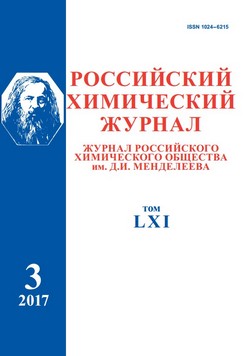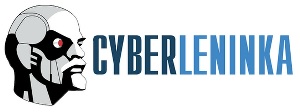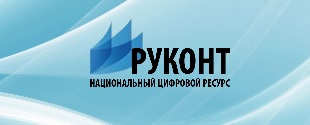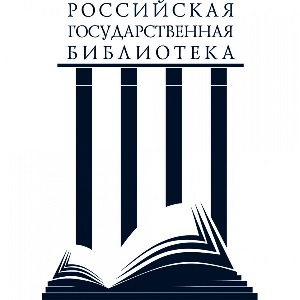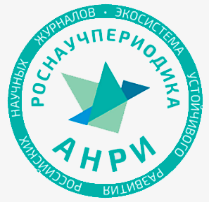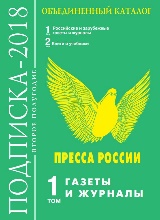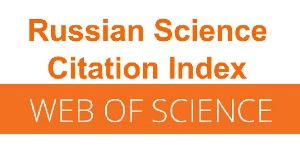EFFTCT OF POLYGLYCOL ETHERS ON THE FRICTIONAL PROPERTIES OFHEMISPHERICAL YARN
Abstract
In this study, the effects of polyglycolic ethers on the frictional properties of 22 woolen wool blend yarn with a woolen fiber content of 35% and polyester fiber 65% were studied. The movement of the yarn with external friction is carried out in the direction perpendicular to the vector of relative speed and is determined by the dynamic coefficient of friction. In this case, the occurrence and destruction of bonds between the yarn and the detail of the machine is localized in a thin surface layer. With internal friction, the surface of contact between the fibers in the yarn is continuous and does not depend on the load. Laminar movement of the fibers during friction occurs in the direction of the vector of relative velocity and is determined by the coefficient of tangential resistance. In case of internal friction of the yarn, the deformation covers the whole of its volume, which is reflected in the strength characteristics of the fibrous material. The efficiency of mechanical processing of wool blend yarn can be improved by using polyglycol ethers as a lubricant, which has a positive effect on the friction properties of the fibrous material.
References
Darvish D.M., Tsobkallo E.S., Aksakal B., Foshkina S.P. Features of the Deformation Properties of Moistened Wool Fiber. Izv. universities. Technology of the textile industry. 2008. N 2. P. 39–43.
Darvish D.M., Tsobkallo E.S., Aksakal B. Changes in the characteristics of mechanical properties due to preliminary deformation. Izv. universities. Technology of the textile industry. 2008. N 4. P. 129–132.
Stepanova T.Yu. Tribological aspects of mechanical processing of fibrous materials. Physics, chemistry and mechanics for tribosists. 2015. N 12. P. 125–130.
Stepanova T.Yu., Kirpicheva T.Yu. The essence and role of friction in the mechanical processing of textile semifinished products. Reliability and durability of machines and mechanisms: collection of materials of the VIII All-Russian Scientific and Practical Conference. 2017. P. 337–340.
Zavadsky A.E. Features of the supramolecular structure of wool fibers. Izv. universities. Chemistry and chem. technology. 2012. V. 55. N 7. P.73–76.
Lipatova I.M. Mechanochemical technologies as a way to reduce the cost of printing and sizing in textile production. Textile chemistry. 2001. V. 19. N 1. P. 72–77.
Stepanova T.Yu., Sakharova S.G. Modification of the frictional properties of complex polyester yarns by their emulsification. Izv. universities. Technology of the textile industry. 2010. N 8. P. 12–14.
Stepanova T.Yu., Demidov A.V. Influence of surface-active substances on the mechanical properties of yarn. Izv. universities. Light industry technology. 2013. V. 19. N 1. P. 95–96.
Stepanova T.Yu., Demidov A.V. Comprehensive evalua-tion of the emulsion recipe for processing semi-woolen yarn. Izv. universities. Light industry technology. 2013. N 1. P. 20.
Stepanova T.Yu. Influence of lubricants on the tribological characteristics of fibrous materials. Friction and wear. 2016. V. 37. N 5. P. 558–564.
Kropacheva O.I., Vavilova D.V. Features of molecular aggregation of block copolymer on base of styrene and polyethylene glycol in solutions. ChemChemTech [Izv. Vyssh. Uchebn. Zaved. Khim. Khim. Tekhnol.]. 2019. V. 62. N 12. P. 65-70. DOI: 10.6060/ivkkt.20196212.5880.
Loskutov V.V. Viscosity of Mono-, Di- and Triethylene Glycol Agueous Solutions at 298,15 K. ChemChemTech [Izv. Vyssh. Uchebn. Zaved. Khim. Khim. Tekhnol.]. 2019. V.62. N 6. P.41-46. DOI: 10.6060/ivkkt.20196206.5886.
Artemov A.V., Sidorova T.P., Pavlova V.V., Sidorova N.B. Influence of additives of polyethylene glycols on the process of wool yarn sizing. Izv. universities. Technology of the textile industry. 1996. N 6. P. 56–59.
Krichevsky G.E. Chemical technology of textile materials. M.: RosZITLP, 2000. V.3. 436 p.
Stepanova T.Yu., Demidov A.V. Influence of surface-active substances on mechanical and frictional properties of yarn. Izv. universities. Light industry technology. 2011. N 4. P. 20–23.
Stepanova T.Yu. Influence of lubricants on the tribological character-istics of fibrous materials. Friction and wear. 2016. V. 37. N 5. P. 430–434. DOI 10.3103/S1068366616050184/2016.11.01.
Stepanova T.Yu., Talanova V.A., Sakharova S.G. Statistical model of the effect of physical properties of surfac-tant solutions on the wear resistance of polyester fibers. Izv. universities. Chemistry and chem. technology. 2010. V. 53. N 6. P. 76–78.
Stepanova T.Yu. Influence of textile auxiliaries on abrasion resistance of polyester yarns. Factory laboratory. ma-terial diagnostics. 2015. V. 81. N 6. P. 60–61.
Stepanova T.Yu., Demidov A.V. Comprehensive evaluation of the emulsion recipe for the processing of semi-woolen yarn. Izv. universities. Light industry technology. 2011. V. 13. N 3. P. 17–18.
Stepanova T.Yu., Kuvaeva E.Yu., Tyutyukin I.Yu. Influence of the concentration of polyglycol ethers on the tribological properties of industrial oil I-50. New materials and technologies in mechanical engineering. 2019. N 30. P. 66–68.

